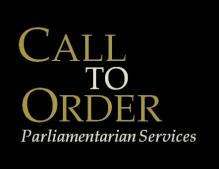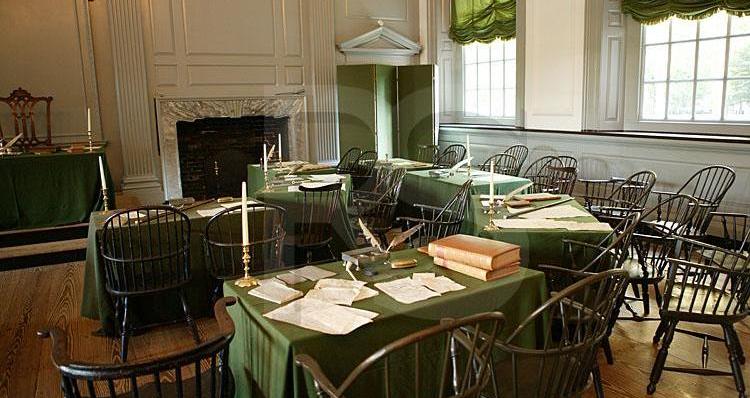In Mr. Smith Goes to Washington, the naïve Mr. Smith yields the Senate floor out of courtesy to a colleague, In doing so he loses his ability to debate on his legislation to prevent graft and corruption, Mr. Smith learned the hard way about the importance of knowing procedural rules. Officers and members of boards and and associations need to know the rules of order to achieve their goals and help their enterprises succeed. Our expertise includes:
- Meeting and Session Governance Services
- Presiding Officer Services
- Delegate Convention or Assembly Services
- Strategic Procedural Planning Services
- Bylaw Drafting, Review, and Revision Services
- Written Opinions Services
- Training Programs
House Rules: U.S. Senate and State House of Representatives gear up rules for new session
Democrats and Republicans in the U.S. Senate have reached a deal that, for the first time in a very long time, offers modifications to the filibuster rules. A change to these rules is a momentous occasion and alters the balance of power between the minority and majority in the Senate.
Republicans in Massachusetts also made rules news this week by offering amendments to the Rules of the Massachusetts House of Representatives. The proposed rules changes, among other things, would require a two-thirds vote to raise taxes and require 24-hour holds on bills to allow members to review the bills before voting on them.
Regardless of your views of these rules changes or proposed changes, rules for conducting business, that is procedures for offering, debating, and voting on motions, are critical for two reasons. First, to get business done. Second, to protect the rights of the minority from an over-bearing majority.
Rules for conducting business are either found in a parliamentary authority such as Robert’s Rules or in special rules of order. For legislative bodies, state and federal constitutions give them the authority to establish their own rules of order. Most organizations rely on Robert’s Rules rather than detail their own special rules of order, while legislative bodies, because of their unique law-making function, write a detailed set of rules.
Special rules of order, however, often lead to a more streamlined process and allow an organization or legislative body to tailor rules to fit their needs. The best example is altering the time limits for debate. Robert’s Rules allows each member to make two, ten-minute speeches on any given motion. This is a tremendous amount of time! A special rule could be adopted that limits each member to, say, two, two-minute speeches.
The beauty of special rules is that, according to Robert’s Rules, they take a notice and two-thirds vote, or a majority of the entire membership, to adopt or amend, but they may be suspended by a two-thirds. Special rules have the staying power of bylaws, that is, they cannot be easily changed, but, may be suspended with a two-thirds vote, unlike bylaws which cannot be suspended.
Finally special rules of order are particularly useful when an organization has its annual meeting or convention. In this instance, special rules of order are contained the standing rules of a convention. A standing rules committee is typically formed especially for this purpose to develop rules for an annual meeting where hundreds or thousands of members may be present. Special rules are essential for getting all the business done with such a large number of members.

© 2011-2013 Call to Order Parlimentarian Service
In the News
Independence Hall, Philadelphia,PA is where the Second Continental Congress debated and passed the Declaration of Independence, and where the Constitutional Convention debated and adoped the U.S. Constitution.
